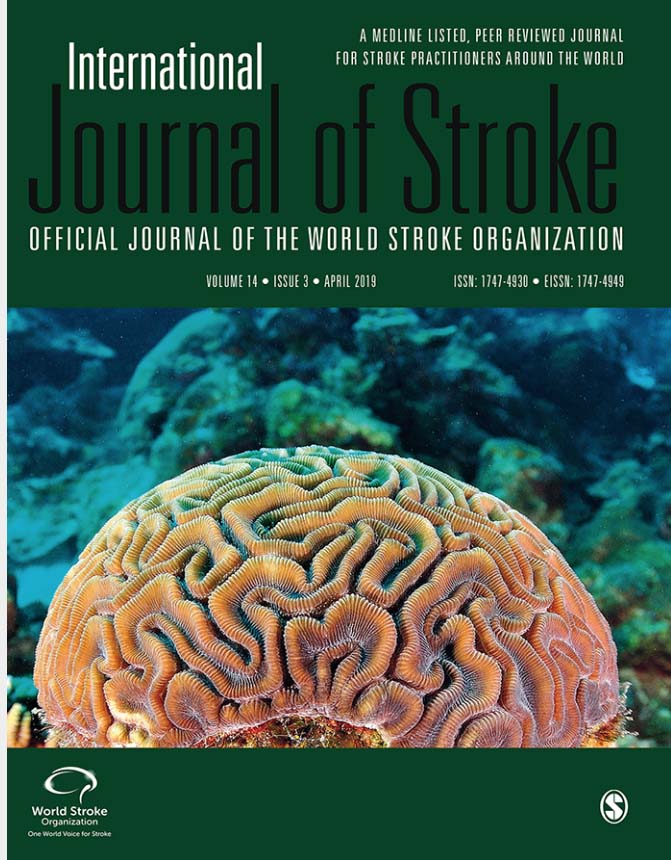 |
My Gut FeelingsAuthor: Waqar Qureshi, MD, FRCP, FASGE, FACG. Professor of Medicine
The answer to most digestive ailments today results from poor choices in our diet, chronic stress and alterations in the microbiome or gut bacteria. Medical research has drastically changed our understanding of many G.I. diseases. Stomach ulcers are no known to be caused by an infection with H. pylori bacteria. So successful eradication of the infection prevents stomach ulcers from recurring. Bleeding ulcers and esophageal ulceration from acid reflux is rarely seen now with a very potent proton pump inhibitors such as omeprazole. On the other hand autoimmune disease of the bowel such as Crohn's disease or ulcerative colitis is on the increase although biologic agents are now able to alter the disease course so that the overall prognosis is better in these patients. Irritable bowel syndrome is more often diagnosed and its treatment leaves much to be desired. Screening colonoscopy has decreased the death rate from colon cancer. We also have a better understanding of anorectal disease and it's management. I am a professor of Medicine and have been practicing for over 30 years and offer my insights into our digestive wellbeing. Language: en Genres: Fitness, Health & Fitness, Medicine Contact email: Get it Feed URL: Get it iTunes ID: Get it |
Listen Now...
Stress and Gastrointestinal disease
Episode 6
Monday, 8 July, 2024
There is increasing evidence that stress plays a significant role in how we receive our symptoms, and in fact can lead to development of disease. There is increasing evidence that the brain gut axis allows two way communication between the brain and the gut. This, along with our increasing knowledge of the role of the Microbiome, to maintain health, and our diet form complex connections that keep us healthy or not. In this podcast, I speak with an experienced psychologist who specializes in gut health, and it's a relation to chronic stress.












